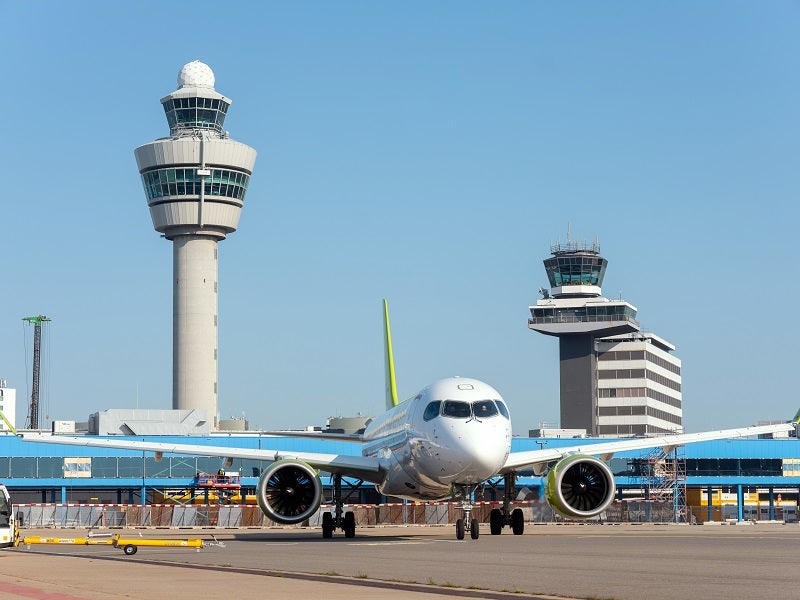
The Dutch Government has decided to limit annual flight numbers at its Schiphol airport to 440,000 from next year to reduce noise pollution and NOx emissions.
Scheduled to start in November 2023, this cap aims to strike a ‘new balance’.
The government said that the airport’s location in a ‘highly urbanised’ area has adverse effects on the health of those residing nearby, as well as the environment in general.
It further noted that Schiphol will be able to maintain its international routes.
In a statement, the government said: “The possible opening of Lelystad Airport for leisure travel could also contribute to the destinations served by Schiphol, provided that a nature permit is granted to Lelystad airport and the issue of the low approach routes is resolved.”
It added that the decision on Lelystad will not be made before summer 2024.

US Tariffs are shifting - will you react or anticipate?
Don’t let policy changes catch you off guard. Stay proactive with real-time data and expert analysis.
By GlobalDataHowever, the choice to reduce Schiphol’s capacity has received a harsh reaction from the aviation industry.
International Air Transport Association (IATA) director-general Willie Walsh said: “This sudden decision is a shocking blow to aviation, jobs and the economy of the Netherlands. It comes on top of a tripling of the passenger tax and a 37% rise in airport charges.
“We are seeing a throttling of air connectivity, which has been steadily built up for 100 years and supported large parts of the Dutch economy and the aspirations of millions of Dutch travellers.”
IATA noted that the NOx emissions from aircraft account for only about 1% of total NOx deposition in the Netherlands. It also said that the redistributed noise paths would increase the number of people exposed to aircraft noise.
The trade body further stated that the airport has started recovering from the impact of Covid-19, registering more than 280,000 movements this year.
IATA added that as part of green objectives, the aviation sector has pledged net-zero CO₂ by 2050.
Airports Council International Europe (ACI Europe) has also expressed its disappointment with the decision to curtail capacity at Schiphol, which links the Netherlands to the world.
ACI EUROPE director-general Olivier Jankovec said: “In so many ways, Amsterdam Airport Schiphol is what makes the Netherlands bigger than it is. From that standpoint, there is no doubt that the decision of the government to significantly reduce the capacity of the airport will make the Netherlands smaller.”
Earlier this month, Schiphol unveiled its plan to set a cap on the daily number of travellers to avoid congestion.



